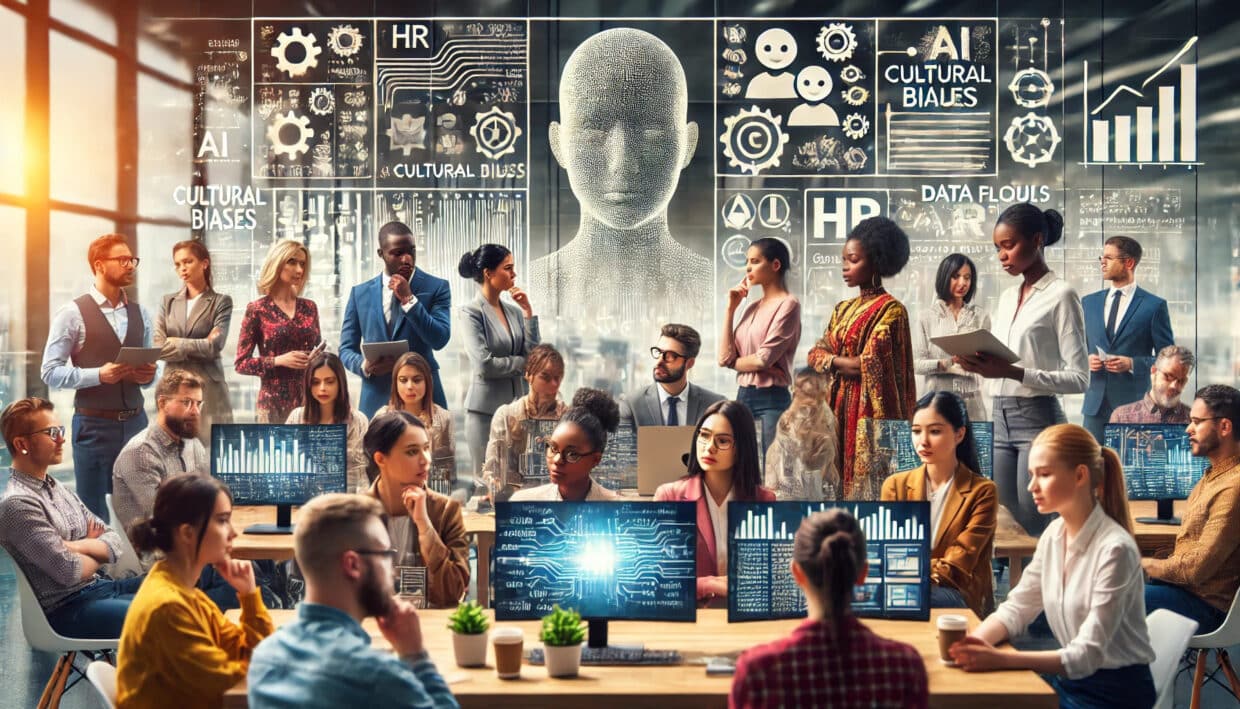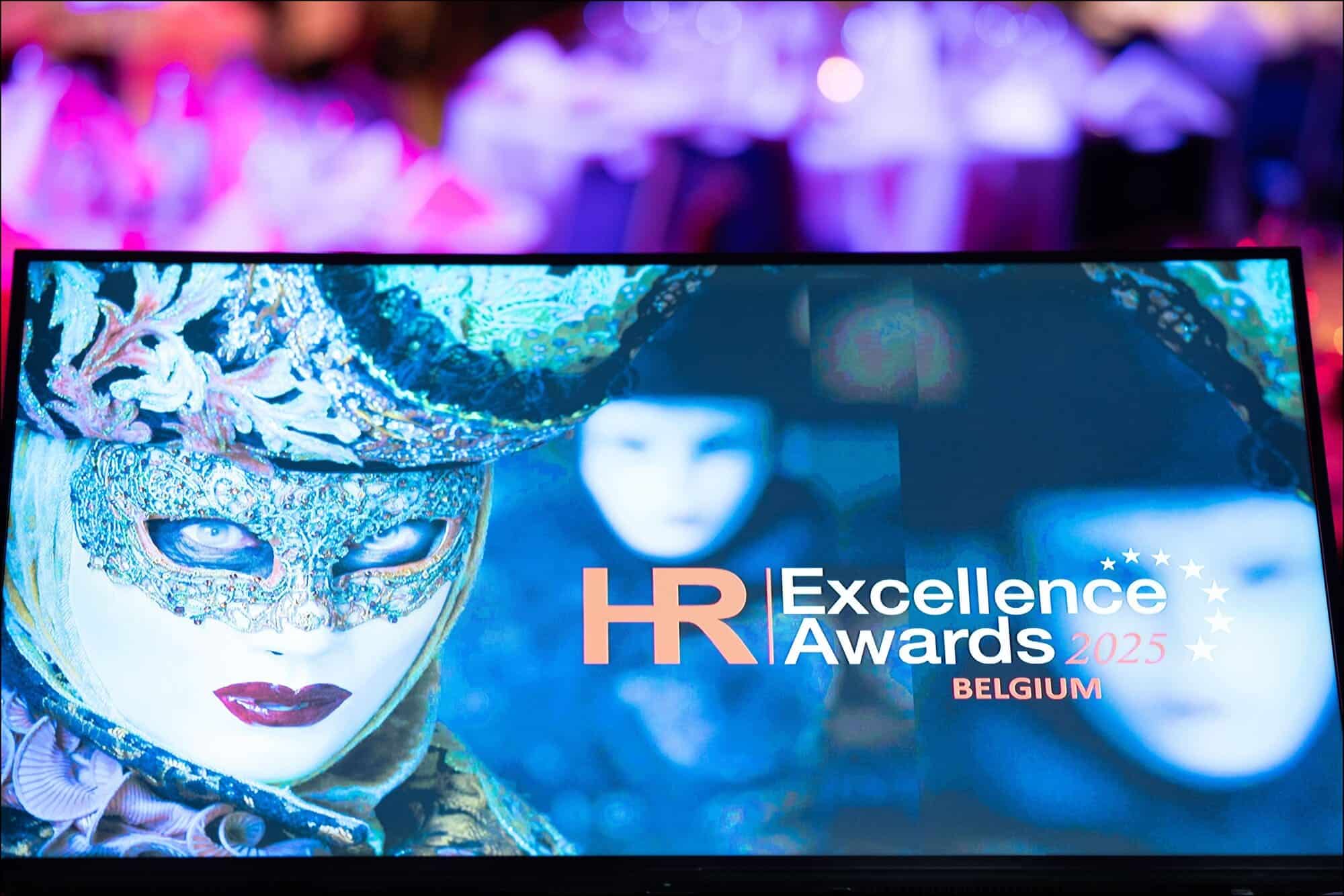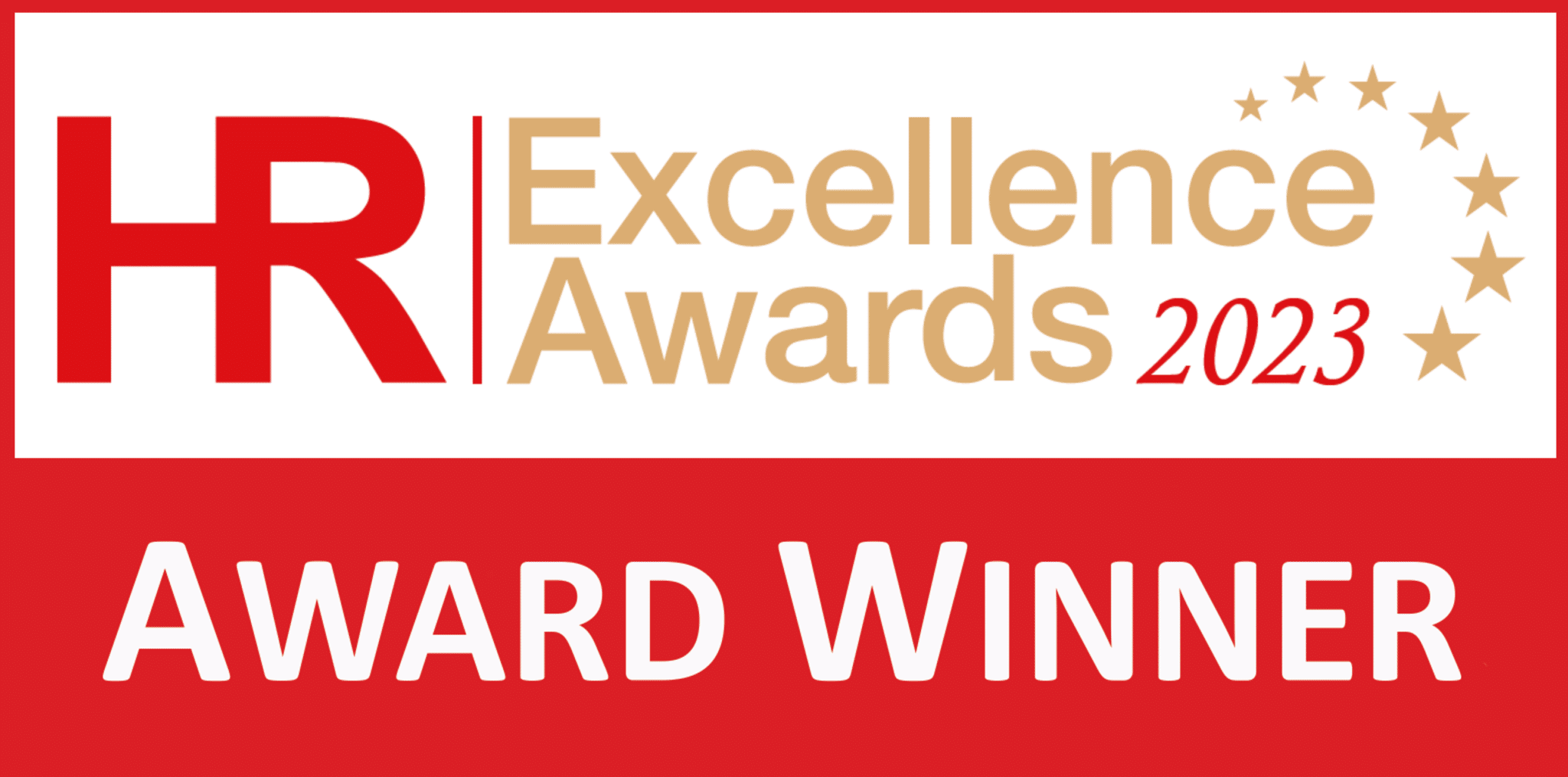
Artificial intelligence and algorithms have become essential tools for human resources departments. Whether for recruitment, performance evaluation, or talent management, algorithms enable the rapid processing of vast amounts of data.
However, these systems are not immune to cultural biases, which can affect decisions and compromise diversity and inclusion efforts.
This article explores the implications of cultural biases in algorithms for HR, as well as how to identify and correct them.
What is cultural Bbias in an algorithm?
Cultural bias occurs when algorithms treat individuals unequally due to cultural or social differences. These biases can emerge when the data used to train the algorithmic models does not adequately represent the diversity of cultures, languages, or experiences.
For example, a recruitment algorithm trained primarily on data from European candidates might poorly evaluate candidates from non-Western cultures due to differences in résumé formats, educational backgrounds, or communication styles.
Harvard Business Review highlights that these biases are not always immediately visible but can have significant long-term consequences by excluding talent from diverse backgrounds and reinforcing stereotypes.
The consequences of cultural bias for HR
Cultural biases in algorithms can have harmful effects on HR processes and workplace diversity. If a recruitment or talent management algorithm consistently favors certain cultures or practices, this can result in:
- Reduced Diversity: Candidates from underrepresented or minority cultures may be systematically excluded from recruitment processes or receive unfair evaluations.
- Increased Inequality: Employees from cultural minorities may face additional barriers to promotions or training, as biased algorithms may not accurately account for their actual contributions.
- A Less Inclusive Work Environment: A biased system may reinforce discriminatory practices, making it difficult for employees from diverse cultures to integrate and advance.
A striking example is that of automatic translation algorithms, which may introduce cultural errors by misinterpreting specific concepts or expressions, leading to misunderstandings in international professional interactions.
Identifying and correcting cultural bias
a) Auditing training data
A first step in identifying cultural biases in algorithms is to analyze the training data used to create the models. It is essential to ensure that the data includes a variety of cultures, languages, and social contexts.
For example, companies should check that résumés from different regions of the world are appropriately considered in algorithmic recruitment processes.
b) Using fairness testing
Fairness tests help verify whether algorithms produce biased outcomes for certain cultural groups.
These tests can be used to compare the algorithm’s performance based on cultural variables such as ethnicity, language, or place of residence.
This helps identify cases where algorithms may favor candidates from a particular culture at the expense of others.
c) Diverse development teams
The teams developing the algorithms themselves should be diverse to minimize cultural biases.
When engineers and developers come from varied backgrounds, they are more likely to consider different cultural perspectives during the creation of the algorithms.
The importance of ethical governance
To prevent cultural biases in algorithms, HR departments must adopt ethical governance for AI. This involves implementing clear policies regarding the use of algorithms, conducting regular audits, and ensuring processes align with the principles of inclusion and diversity.
IBM also recommends training HR professionals and developers on the risks of cultural biases to better identify and correct them.
Conclusion
Cultural biases in algorithms pose a significant challenge for HR, as they can undermine diversity and inclusion efforts.
By taking proactive steps to identify and correct these biases, companies can ensure that their algorithmic processes are fair and equitable for all candidates, regardless of their cultural background.
The future of AI in HR depends on the ethical and inclusive use of technologies to promote diversity in the workplace.



